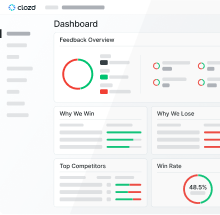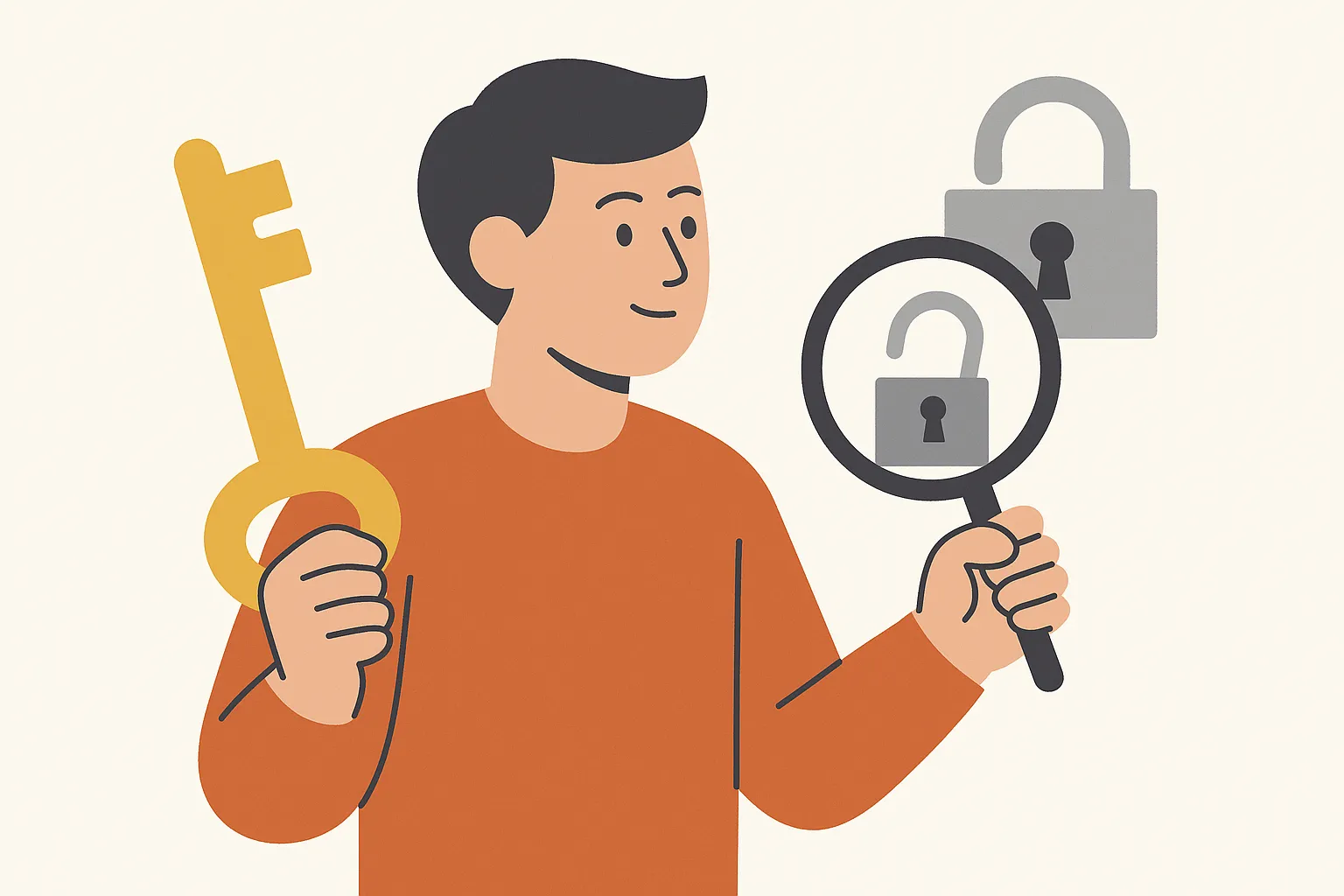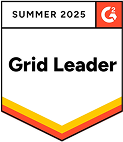
TL;DR:
- Implementing win-loss interviews can be challenging due to various obstacles.
- Starting with a small pilot program and involving multiple stakeholders can help build a compelling business case.
- Proving the value of win-loss interviews through ROI and data can lead to increased buy-in.
- Persistence in requesting budget and utilizing win-loss data can unify cross-functional teams and improve customer understanding.
- Clozd offers resources and tools to help organizations implement effective win-loss programs.
Just because you see the need for win-loss interviews doesn’t mean that everyone else at your organization will. For many companies win-loss interviewing is a relatively new and unfamiliar practice.
Obstacles to implementing a win-loss interview program can include everything from budget limitations or lack of executive buy-in to poor timing, limited bandwidth, or even a market-halting pandemic.
In spite of these obstacles, it is possible to create a compelling business case for win-loss interviews. In our latest webinar, Clozd’s VP of Operations, Braydon Anderson, sat down with three product marketers to get their advice on building a successful business case for a formal win-loss interview program.
Meet The Panel

Molly Hickey
Senior Product Marketing Manager, Code42
Molly Hickey is a go-to-market expert with 9 years of experience researching buyers, their purchase journeys, and how companies can more effectively position and message their products to resonate with and convert their audiences.

Alissa Lydon
Senior Product Marketing Manager, Sauce Labs
Alissa Lydon is a Senior Product Marketing Manager at Sauce Labs. With 6 years of experience in the software testing industry, she strives to constantly share her expertise through effective, data-driven storytelling.

Graham Kilian
Senior Product Marketing Manager, PSI
Graham is a Senior Product Marketing Manager for PSI Services, one of the world’s leading workforce testing providers. He has been with PSI for 4 years as part of the Global Product Marketing Team, leading win-loss and competitive intelligence initiatives.
Tip 1: Start with a Small Pilot Win-Loss Program
Alyssa: “It pays to be a little bit scrappy in the beginning with brand new initiatives like this. My theory was to start small, find out what metrics matter most to the folks who would eventually sponsor this initiative, and then prove out that value quickly with a really short pilot program.”
Graham: “The pilot program is a great way to dip a toe, get some of those early wins that can immediately raise eyebrows, open eyes, and show that value. Within the first five interviews we did, we got some really great feedback that immediately started to paint the picture around key business initiatives--where previously we only had anecdotal evidence to back it up.”
Tip 2: Get Multiple Stakeholders Involved
Molly: “Realistically it was about convincing the sales team, the larger marketing team, and the product organization that we couldn’t do this by ourselves . . . At the beginning of the year, we presented a proposal, my boss took it to the CEO, I shared it with our sales and our product team, and then we gave those teams direct access to the Clozd platform because seeing is believing . . . Then it flipped. When I wrote my proposal for the next year, before I even had the chance to ask for budget for a consistent, monthly or year-long engagement with Clozd, the leadership was reaching out about the plan for win-loss. It wasn’t if, but when.”
Graham: “Get the right stakeholders involved. Understand what's important to them and tie that to the benefits of win-loss. Get buy-in on the concept first and then establish if, and at what level, your company is willing to invest in these outside resources.”
Alyssa: “Take this win-loss data . . . Translate bits and pieces of it to what makes most sense to sales or product. That’s how you can start to get those approvals pretty easily.”
Tip 3: Prove the Value of Win-Loss Interviews
Graham: “Any time you talk about helping sales teams and executive teams make more money, their ears perk up. When we started talking dollars, it all started to make sense. Clozd was really good in that process with providing us with resources and tools to show ROI, case studies, and research around those KPI’s that win-loss impacts.”
Alyssa: “If leadership can see the value and see how the data we’re gathering helps them achieve their particular goals for their team . . . That budget seems to magically appear.”
Tip 4: Keep Fighting. It’s Worth It.
Molly: “See what you can get. I had been asking for budget for a while . . . Keep asking . . . because it makes sense. It’s really helpful to reach our buyers more effectively. We’re doing so much and we’re spending so much money on going out and finding buyers, why not measure if the message is resonating?”
Alyssa: “Win-loss is just a treasure trove of data for us . . . it has really helped us as a cross-functional product marketing sales team, really unify us, identifying where we’re succeeding, where we can focus on for improvement, so we’re all really singing from the same songbook . . . That’s the true power of win-loss. It helps everyone understand our customer by giving them a real voice.”
To listen to the full interview Molly Hickey, Graham Kilian, and Alissa Lydon click here:
Looking to implement win-loss interviews at your organization? Clozd can help.
Download a free copy of The Definitive Guide to Win-Loss Analysis, or contact us for a free consultation about building an effective win-loss program for your unique organization.











.svg)










.svg)

.svg)




